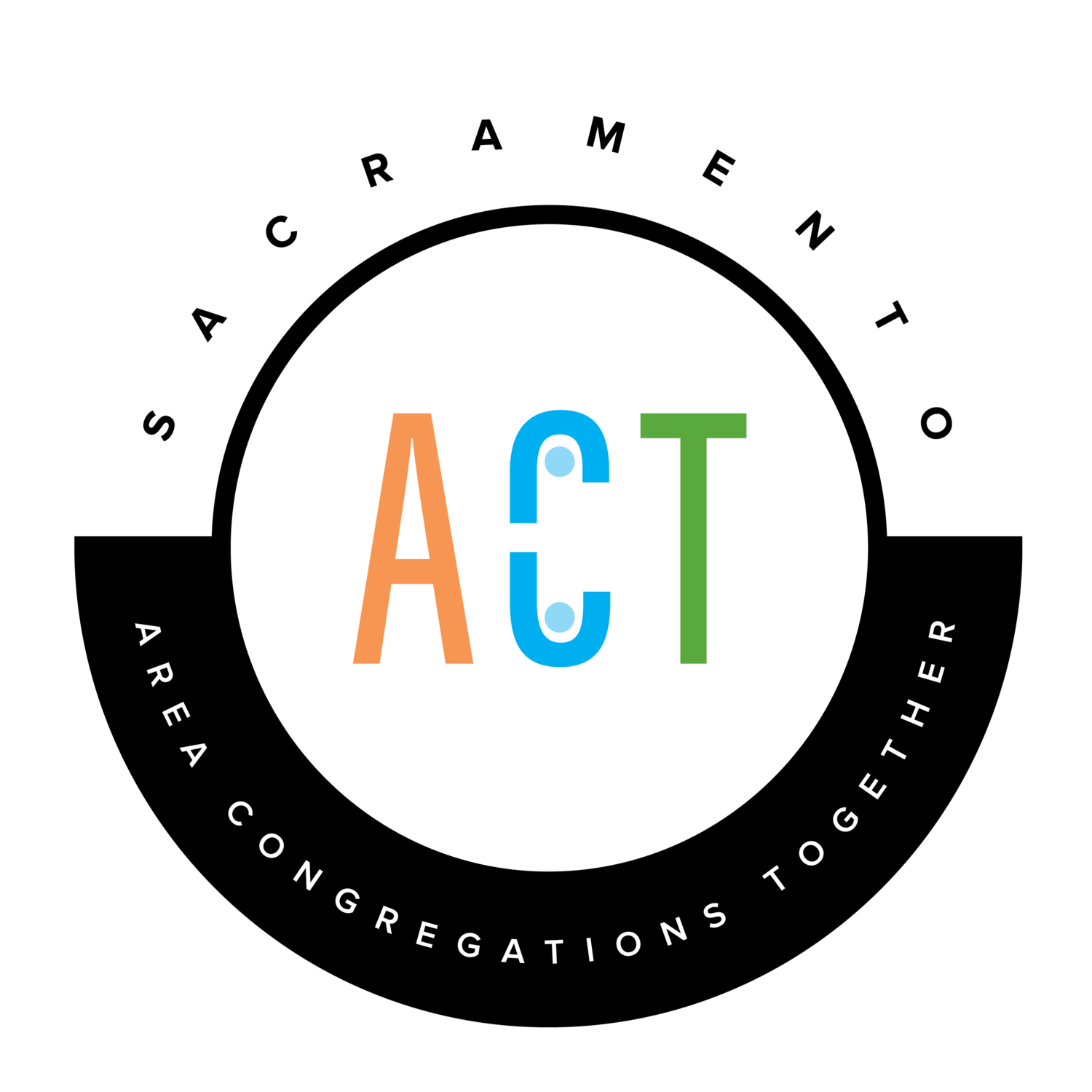SACRAMENTO --
A coalition of community and church groups called the 'I Am Prop. 47 Coalition' celebrated the passage of Prop 47, the measure that reduces certain property and drug crimes from felonies to misdemeanors.
The group plans to begin a campaign to have ex-felons get their past records reduced if they fall within the Prop 47 guidelines of crimes of less than $950. It also hopes to bring job services and counseling to them, as well as education opportunities.
Martell Koster is typical of many of the people at the ceremony who have benefited from the law.
"I had to wait so long to find a decent job because of the felonies on my record," Koster said.
Now he has a full-time job, a house, and a child on the way.
"Life is good," Koster said.
Koster also says he knows friends who are still on the street who say they can't go straight because of the felonies on their records.
Sacramento County Sheriff Scott Jones has a different view of Proposition 47.
"In practice, I'd say it's an abysmal failure," Jones said.
He says career criminals are planning crimes of less that $950 so if they get caught, they'll get a citation rather than jail time. He also said his jail provides many services that help low-level offenders leave the life of crime, and at the same time, protects citizens.
"Those so-called 'nonviolent crimes' are quality of life crimes ... very few of us have to worry about getting murdered, but all of us worry about getting burglarized, getting our car broken into and worrying about the vacant house down the street being a drug house," Jones said.
But backers of proposition say there is no evidence that the measure has led to an increase in crime. Although both sides say crime numbers aren't all in yet so they can't say one way or another.
And church activist Sister Pat Roundtree Rivers and others say the system before Proposition 47 wasn't working.
"We've kind of proven that we can't arrest our way out of the situation, and what we really need to happen is to change people's lives," said Roundtree Rivers.
However, Jones says there are now 68,000 outstanding criminal misdemeanor warrants where offenders are supposed to show up for a court date, but don't. Many have multiple citations.
